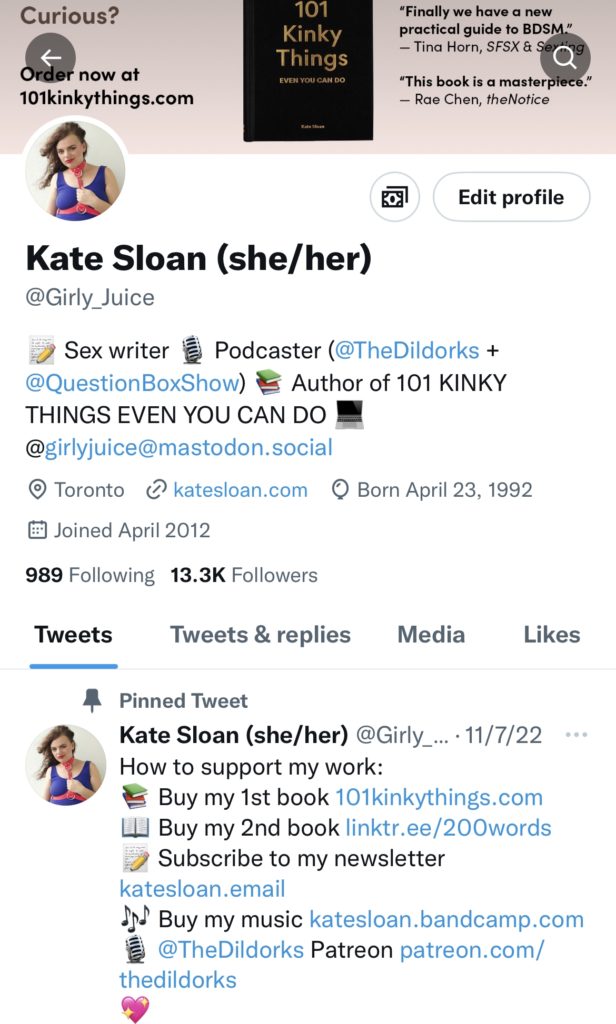 I’ve been very depressed this last week, and I’d be lying if I said it had nothing to do with the imminent demise of Twitter as we knew it. There are other factors, of course, but Twitter is a big one.
I’ve been very depressed this last week, and I’d be lying if I said it had nothing to do with the imminent demise of Twitter as we knew it. There are other factors, of course, but Twitter is a big one.
It’s been hard explaining this to people whose brains aren’t as broken by Twitter as mine is. I’ve been a user of the site since 2007, when I was 15 years old. I have never been an adult in a world without Twitter, and never really considered the possibility that I would have to. So it’s disorienting, to say the least, that an inept and egomaniacal billionaire is dismantling the site I’ve long considered my digital home-away-from-home.
Don’t get me wrong: Twitter isn’t perfect and never has been. Abuse has always run rampant on it, including a lot of homophobic, biphobic, misogynist and antisemitic abuse, which has felt viscerally frightening to me as a queer Jewish woman. It’s been a hub for disinformation, doomscrolling, and unsettling DMs. It has enabled racists, excluded sex workers, and let hate speech abound unchecked. And that’s just listing a few of the things that were (and are) wrong with Twitter.
But it’s also the place where I met my spouse, and my best friend/podcast cohost, and several other good friends and past partners. It’s the place where I’ve connected with editors, clients, and sources. It’s the place where I’ve shared my silly thoughts, my hot takes, my pain, my fury, and my joy.
The linguist Gretchen McCulloch argues in her book Because Internet that sites such as Twitter are the digital equivalent of a hallway at a high school or in a college dorm; they’re a place where casual, ambient socializing happens – as opposed to socializing that you have to specifically seek out and plan – and they therefore allow you to connect with people you might never have met otherwise. This feels very true to me – where else but Twitter could I chat with Tokyo-based game designers, London escorts and Texan law professors about current events in the course of a single hour?
Twitter was also, notably, one of the more sexually permissive mainstream social media sites. True, I know many people who got shadowbanned or outright kicked off the service for posting about sex work or BDSM, but nudes and porn are specifically allowed on Twitter and that automatically made it feel like a more welcoming place for me and my sex-nerd pals than, say, Facebook or Instagram, where we still have to self-censor with bastardized “words” like “seggs” and “secks” just to keep our accounts up-and-running.
I also maintain that Twitter is one of the best dating sites for demisexuals like me, because it allows you to get to know someone through their words first and their face second (if at all). I have far more Twitter crushes than Instagram crushes (or even IRL crushes) because I crush on people’s brains first and foremost, and Twitter made it easier than any other site for me to connect with people whose brains made my own brain tingle.
I loved Twitter, despite its many shortcomings and mistakes. I won’t be jumping ship immediately, especially since self-promotion is a big part of how I stay afloat professionally/financially so I can’t afford to leave the place where my biggest platform is. But if you’d like to follow me elsewhere – which I’d really appreciate, since I love y’all – here’s where to keep up with me:
- This blog, obviously. I’m more convinced than ever that maintaining a self-hosted personal blog is the way of the future, given how many social media websites keep betraying us.
- I’m @girly_juice on Instagram and that’s where I’m most active aside from Twitter.
- My newsletter, where I send out a little essay on love, sex, and other random topics every week to my premium subscribers (it’s $5/month or $50/year). If you can’t afford a premium subscription, you can still sign up as a free subscriber and you’ll get free dispatches from me a couple times a year or so.
- On Mastodon, which some people think will be Twitter’s major replacement, I can be found at @girlyjuice@mastodon.social – go follow me!
I love you, I’m glad you’re here, and I’m trying to look forward to whatever comes next.
This post contains a sponsored link, ’cause a girl’s gotta eat. As ever, all writing and opinions are my own.
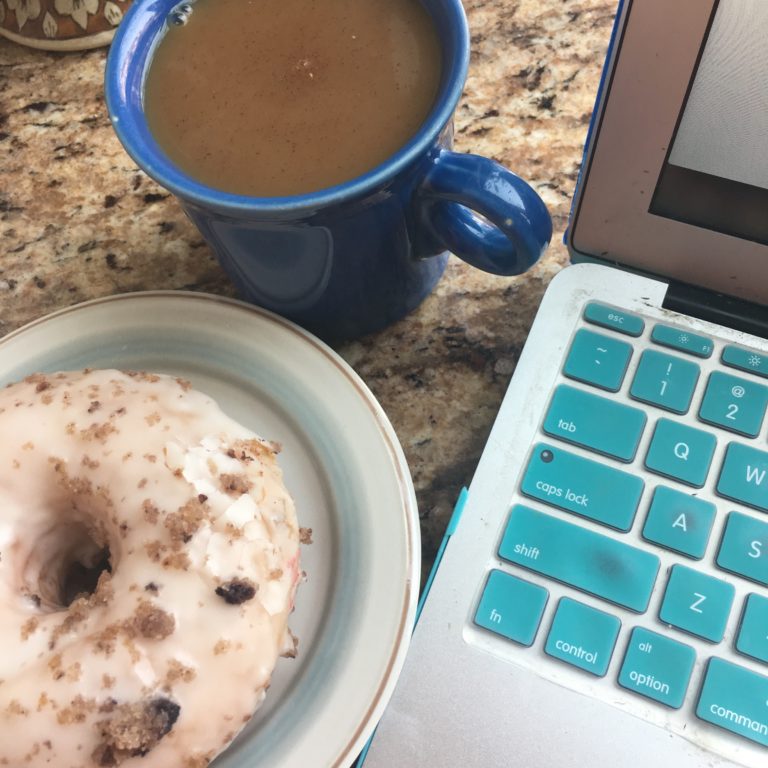
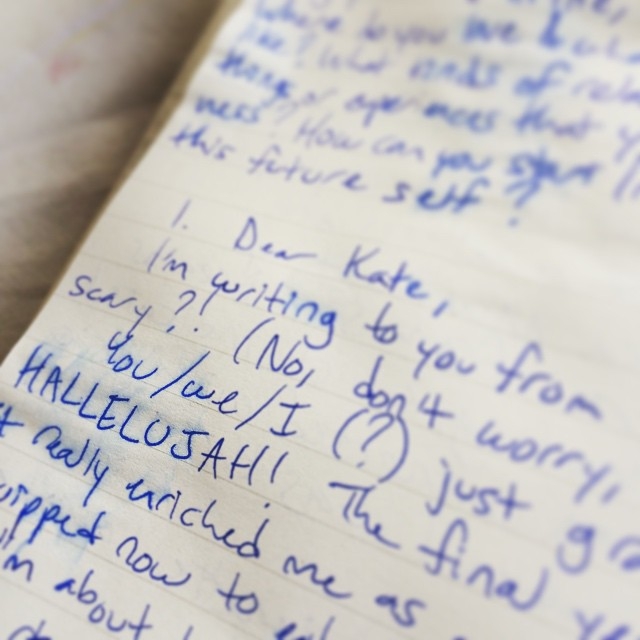
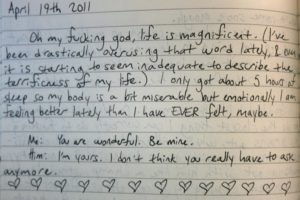 Journal entries. I’ve
Journal entries. I’ve 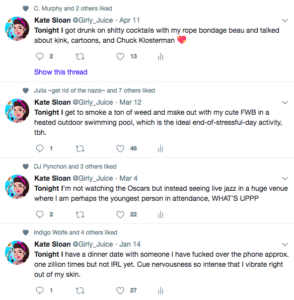
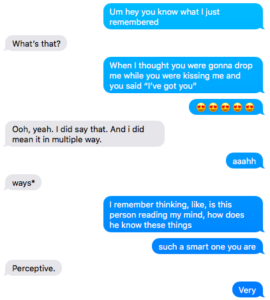


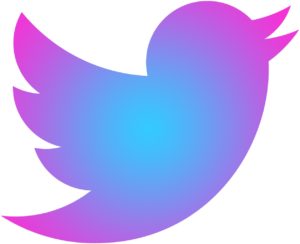 I’ve been a sex blogger for almost six years, and here’s what I know about social media: it can make or break you, both professionally and personally. I’ve built my audience through smart usage of Twitter, Instagram, and the like, but a good social media presence has also brought many additional blessings upon me: editors at big publications have discovered me through my social feeds, I’ve been offered jobs and gigs because of my tweets, and I’ve even met several partners (past and present) on Twitter. Isn’t the internet wild?!
I’ve been a sex blogger for almost six years, and here’s what I know about social media: it can make or break you, both professionally and personally. I’ve built my audience through smart usage of Twitter, Instagram, and the like, but a good social media presence has also brought many additional blessings upon me: editors at big publications have discovered me through my social feeds, I’ve been offered jobs and gigs because of my tweets, and I’ve even met several partners (past and present) on Twitter. Isn’t the internet wild?!